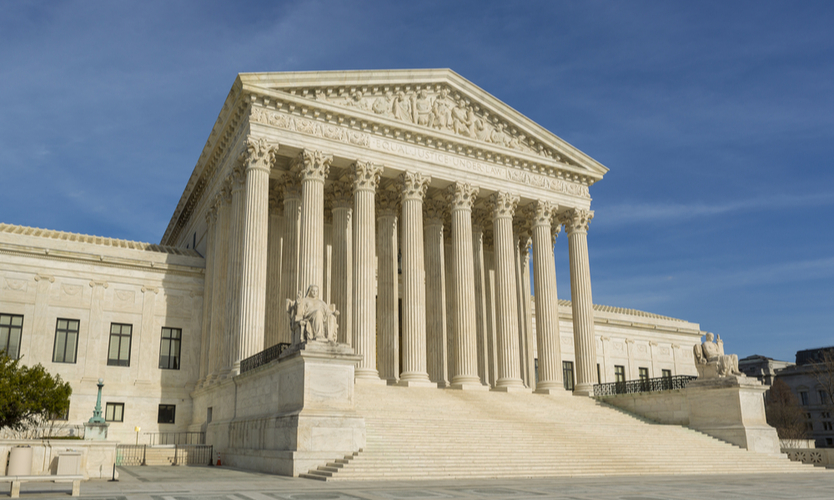Supreme Court allows Justice Dept. to toss whistleblower cases
- June 15, 2025
- Posted by: Web workers
- Category: Finance

(Reuters) — The U.S. Supreme Court Friday preserved the Justice Department’s power to unilaterally dismiss lawsuits filed under a law that lets whistleblowers sue businesses on behalf of the government to recover taxpayer money paid to companies based on false claims in exchange for a portion of any recovery.
The 8-1 ruling, written by liberal Justice Elena Kagan, upheld a lower court’s decision to allow the Justice Department to toss a lawsuit against a UnitedHealth Group Inc. unit by a former employee named Jesse Polansky who accused it of wrongdoing.
Dr. Polansky had sought to bar the department from dismissing whistleblower lawsuits filed under the False Claims Act in instances in which the government initially declined to exercise its right to take over the cases.
The Philadelphia-based 3rd U.S. Circuit Court of Appeals upheld the dismissal of Polansky’s 2012 lawsuit that had accused UnitedHealth’s Executive Health Resources unit of defrauding Medicare, the government health insurance program for people ages 65 and older, by falsely certifying hospital admissions as medically necessary.
“Today, we hold that the government may seek dismissal of an FCA (False Claims Act) action over a relator’s objection so long as it intervened sometime in the litigation, whether at the outset or afterward,” Justice Kagan wrote.
Conservative Justice Clarence Thomas dissented.
Whistleblower cases brought under the False Claims Act resulted in $48.2 billion in recoveries from 1987 to 2021, according to Justice Department data. Most of that came from the 20% of cases that the government exercised its right to join and take over, with cases that whistleblowers litigated alone netting $3.5 billion in the same time period.
Business groups, including the U.S. Chamber of Commerce, have said that the fact that few cases in which the government did not intervene are successful shows why the Justice Department should exercise its power to dismiss ones lacking merit.
The Justice Department sought dismissal of Dr. Polansky’s lawsuit in 2019, citing concerns including the “tremendous” burden of requests for the government to produce documents. Executive Health Resources denied wrongdoing and argued that the department had the right to dismiss the case over Dr. Polansky’s objections.



